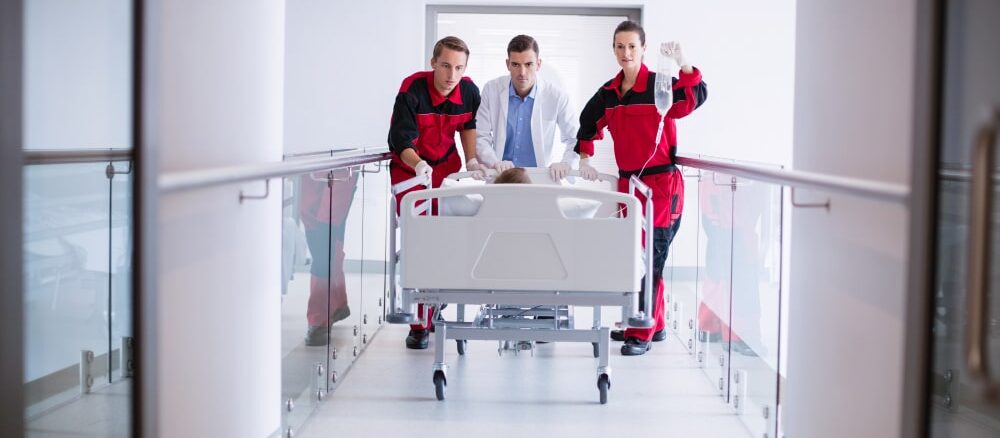Access to affordable medical care is a crucial aspect of maintaining good health and well-being. Unfortunately, the rising costs of healthcare can make it challenging for some individuals to seek the treatment they need. In times of medical urgency, knowing your options becomes essential. In this blog post, we will explore the benefits of urgent care clinics as a cost-effective alternative when you cannot afford traditional medical care.
The Dilemma of Unaffordable Medical Care
Medical emergencies and unexpected health issues can happen to anyone, regardless of their financial situation. High healthcare costs, lack of insurance coverage, or limited access to medical facilities can pose significant challenges for those in need. When faced with such a situation, it’s important to explore alternative options to receive prompt and appropriate medical attention.
Understanding Urgent Care Clinics
Urgent care clinics are medical facilities that offer a middle ground between primary care and emergency care services. They are designed to treat non-life-threatening medical conditions promptly. These clinics are typically staffed with qualified healthcare professionals, including doctors, nurses, and physician assistants.
The Advantages of Urgent Care Clinics
Affordability
One of the key advantages of urgent care clinics is their affordability. Compared to emergency room visits, urgent care clinics often have lower co-pays and out-of-pocket expenses. Additionally, they can be more cost-effective than scheduling an appointment with a primary care physician, especially for those without insurance.
Walk-in Accessibility
Urgent care clinics offer the convenience of walk-in appointments, meaning you don’t need to schedule an appointment in advance. This is particularly beneficial when you require medical attention promptly and cannot wait for an available slot in a traditional doctor’s office.
Extended Hours
Unlike many primary care offices that operate on regular business hours, urgent care clinics often have extended operating hours, including evenings and weekends. This makes them an accessible option for seeking medical care after normal business hours or during weekends when other healthcare facilities might be closed.
Comprehensive Services
Urgent care clinics can handle a wide range of medical conditions, including minor injuries, infections, colds, flu, and other common illnesses. They also provide basic diagnostic services, such as X-rays and lab tests, for swift and accurate assessments.
Limitations of Urgent Care Clinics
While urgent care clinics offer various benefits, they are not a substitute for emergency care in life-threatening situations. In cases of severe injuries, chest pain, difficulty breathing, or other critical conditions, it is essential to call emergency services immediately or visit the nearest emergency room.
Finding a Suitable Urgent Care Clinic
When seeking care at an urgent care clinic, consider the following factors:
Location: Choose a clinic that is conveniently located and easily accessible from your home or workplace.
Reputation: Look for reviews and feedback from previous patients to ensure that the clinic provides quality medical care.
Services Offered: Confirm that the clinic offers the services you may need, such as X-rays, vaccinations, or basic lab tests.
Insurance Acceptance: If you have health insurance, check if the clinic accepts your insurance plan to minimize out-of-pocket expenses.
Bottom Line
In situations where medical care seems unaffordable, urgent care clinics can be a valuable and cost-effective resource. These clinics offer accessible and timely care for non-life-threatening medical conditions, providing an alternative to expensive emergency room visits or lengthy waits for primary care appointments. However, for severe emergencies, always prioritize immediate medical attention by calling emergency services or visiting the nearest hospital. Knowing your options and seeking appropriate medical care are essential steps in safeguarding your health and well-being, regardless of your financial circumstances.

